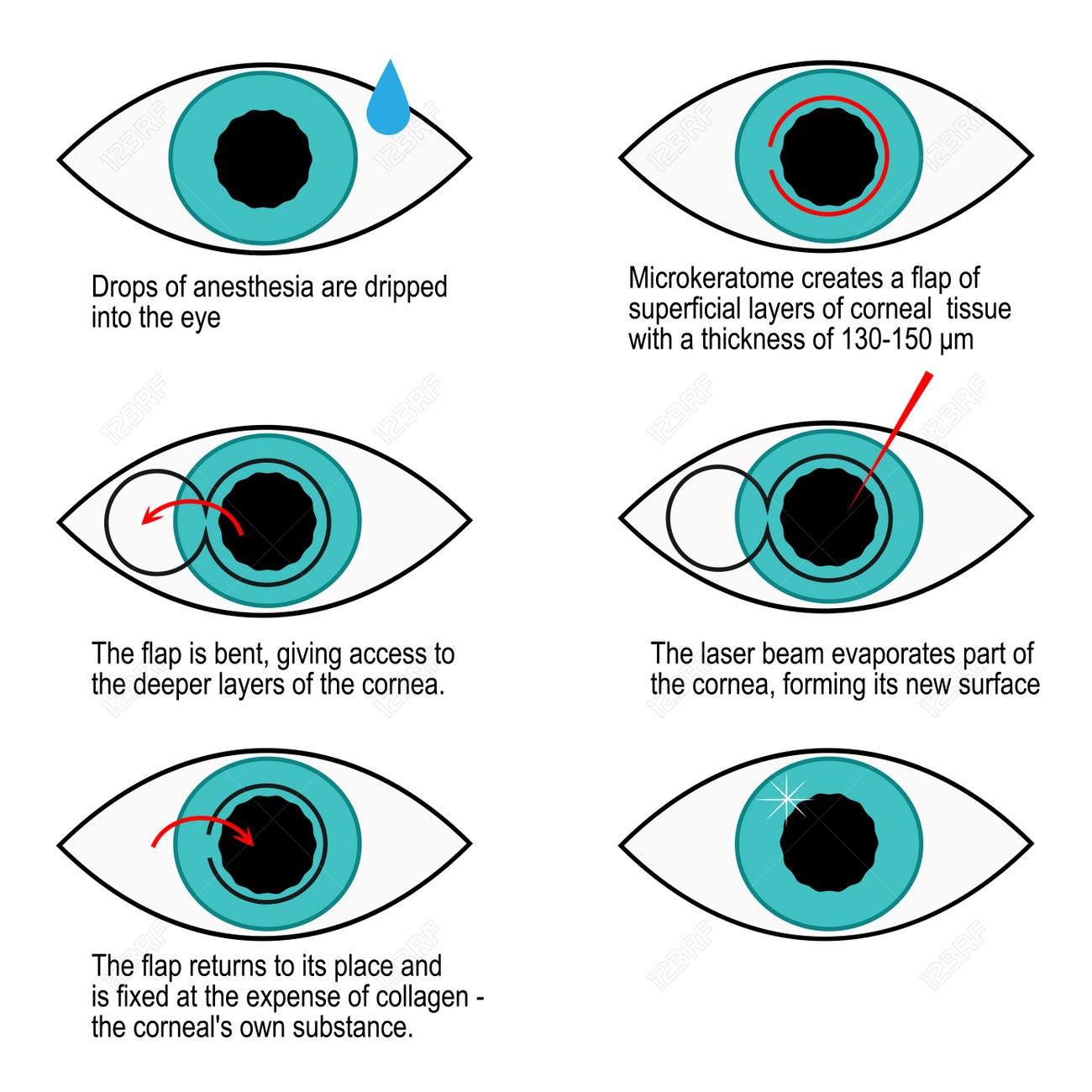The Complete FAQ On Refractive Lens Exchange: Whatever You Ought To Understand About
The Complete FAQ On Refractive Lens Exchange: Whatever You Ought To Understand About
Blog Article
Post Created By- LASIK Surgery Meaning
If you're taking into consideration refractive lens exchange, you probably have a great deal of inquiries. This procedure can transform how you see the globe, supplying benefits like decreased dependancy on glasses. However, it's necessary to recognize the procedure, threats, and who qualifies as a great candidate. Let's discover these important aspects so you can make an educated decision about whether RLE is right for you.
What Is Refractive Lens Exchange and Just How Does It Work?
Refractive lens exchange (RLE) is a procedure made to change your eye's all-natural lens with a man-made one, correcting vision concerns like nearsightedness, farsightedness, or presbyopia.
Throughout the procedure, your specialist makes a small incision in the eye, eliminates your all-natural lens, and inserts an intraocular lens (IOL) customized to your vision needs. This outpatient surgical treatment usually takes around 15 to 30 minutes per eye and is done under local anesthetic.
You'll likely observe enhancements in your vision almost instantly, though complete healing may take a couple of weeks. RLE is especially beneficial for those over 40 or with high prescriptions, offering a lasting option compared to glasses or call lenses.
Your eye care expert can assist determine if RLE is right for you.
What Are the Conveniences and Risks of Refractive Lens Exchange?
Picking refractive lens exchange can cause significant renovations in your vision, however it's important to weigh both the benefits and dangers prior to making a decision.
On the bonus side, this procedure can improve your vision by remedying issues like presbyopia, myopia, and hyperopia. Lots of individuals take pleasure in lowered dependancy on glasses or contact lenses, which can considerably improve their quality of life.
However, https://notes.io/wJJv5 to take into consideration prospective threats. Problems can include infection, glare, or halos around lights.
There's likewise a possibility of overcorrection or undercorrection, which might need added procedures.
Who Is a Suitable Candidate for Refractive Lens Exchange?
If you're taking into consideration refractive lens exchange, it is very important to recognize whether you fit the profile of a suitable candidate. Typically, you may be a good candidate if you more than 40, experience presbyopia, or have high degrees of nearsightedness or farsightedness.
It's additionally important that your vision is stable, suggesting your prescription hasn't changed substantially in the past year. If you have cataracts or various other eye conditions, you could benefit from this procedure also.
However, specific aspects, like uncontrolled diabetic issues or autoimmune conditions, might invalidate you. To identify your candidacy, speak with an eye care specialist that can evaluate your specific situation and advise the best course of action tailored to your demands.
Verdict
In conclusion, refractive lens exchange can be a transformative choice for enhancing your vision, specifically if you more than 40 or have a high prescription. While the benefits are significant, it's vital to consider the risks and seek advice from your eye care specialist to determine if you're a suitable prospect. With the best details and assistance, you can make a notified choice and possibly enjoy a life with minimized dependancy on glasses.
